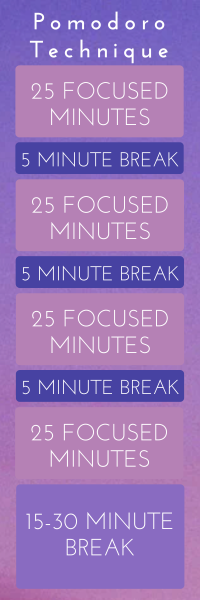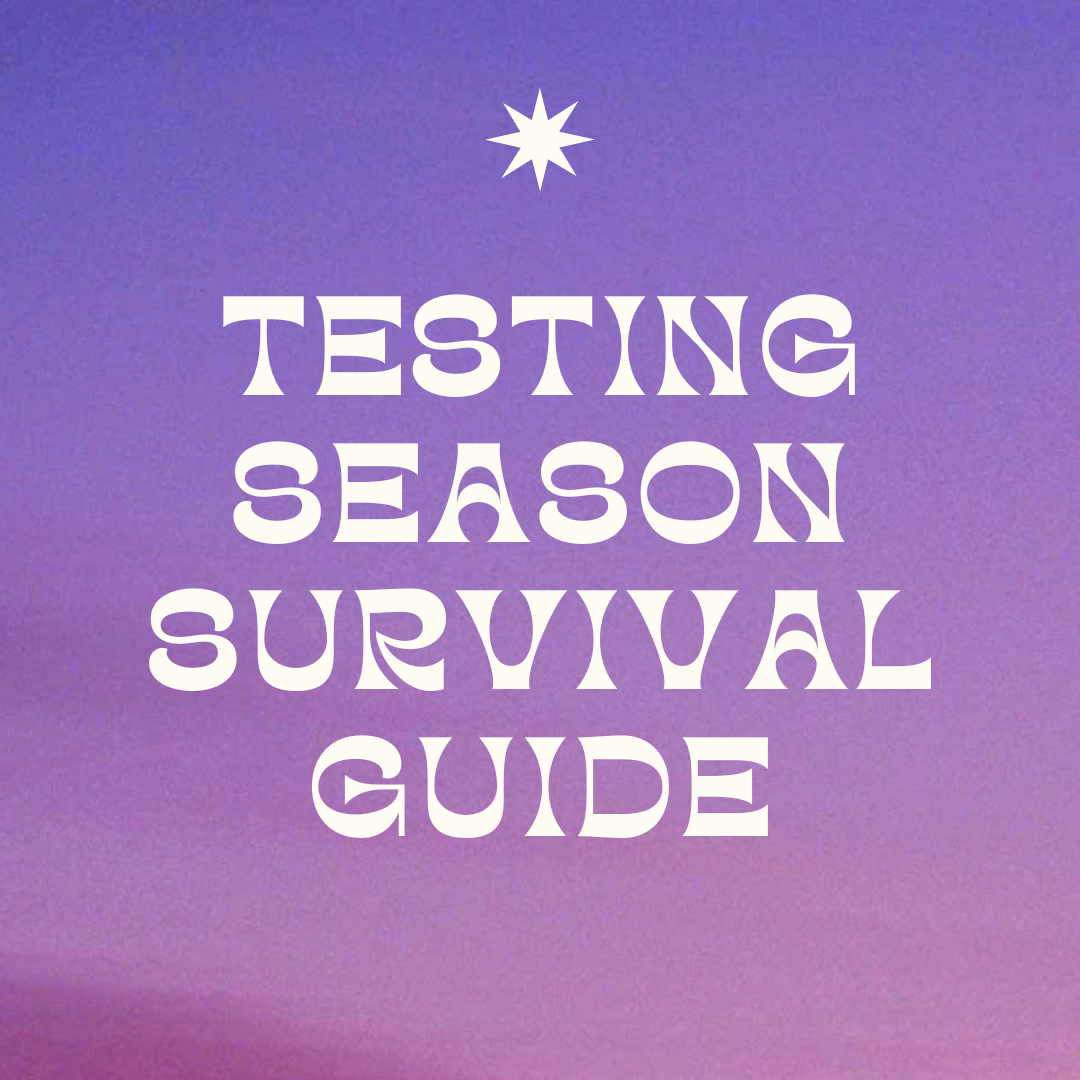As the end of the school year approaches, so does exam season. Between class finals, AP tests, and standardized tests, this time of year can be very stressful for many students. It can be difficult to balance academics with mental and physical health. Here are some tips for studying and staying healthy during the testing season.
Studying Tips
With so many tests happening at one time, it can be difficult to know what to prioritize. It can be helpful to list all tasks, identify the most important ones, and know which tasks have less priority. It is important to stay realistic when dividing up your workload, as trying to accomplish too many small tasks can be extremely overwhelming. Starting on the tasks or assignments that you feel may be the most challenging is a great strategy. Once you have identified your most important tasks, consider your deadlines and plan your studying accordingly. For example, if you have a big test at the end of the week, it is more beneficial to try and study for a small amount of time each day, versus trying to cram it all in the night before.

Studying for AP exams can be difficult, as it is hard to review an entire school year worth of content in just a few short weeks. It can be helpful to invest in an AP prep book, as these often highlight the most important lessons of the course. It can also be helpful to visit the online AP Classroom and review the study materials provided by Collegeboard. Reviewing old material from class can also be beneficial. Studying old exams, projects, writing assignments, and homework can help refresh your brain on information that may have gotten buried along the way.
During your study sessions, it is important to use methods and strategies that will maximize the amount of information you retain in minimal amounts of time. One study method that has been shown to be very effective is the Pomodoro technique. It is a time management method with 25 minutes of focused work followed by 5-minute breaks. Longer breaks of 15 to 30 minutes are taken after four 25-minute intervals of focused work. This technique is beneficial for those who are easily distracted as it optimizes productivity cycles and offers a clear reward for focused work.
Here are some other helpful tips for your study sessions:
- Have a designated space to work and be productive
- Remove all distractions from your workspace
- Study with friends or classmates
- Listen to music or background noise to help stay focused
- Use to-do lists to set clear intentions for your work time
Mental/ Physical Health Tips
The end of the year can be a difficult time for students’ mental and physical health. Tests and exams create high levels of stress and anxiety, and it can be difficult to prioritize taking care of your health. Here are some things you can do to make sure you take care of your brain and body during testing season.
- Get plenty of sleep
It is super important to get good sleep during testing season. According to the National Institute of Health, lack of sleep or lack of quality sleep can lead to problems focusing and thinking clearly. Sleep deprivation can also worsen symptoms of anxiety and depression.
- Eat a balanced diet
Eating adequate amounts of healthy food can actually improve test scores. A study by the National Bureau of Economic Research found that students who consumed glucose before a test scored higher than students who did not eat. Some good foods to promote brain health are berries, dried fruits, and eggs. It is also important to stay hydrated throughout your testing and studying.
- Take breaks
As you study and work, it is important to take purposeful breaks. Research done by Cornell University shows that taking breaks between five and 60 minutes can help refresh your brain and body and increase your ability to focus. Here are some ideas for breaks to refresh your mind and body:
-
- Take a walk outside
- Take a shower
- Eat a snack
- Stretch or meditate
- Know your worth
It is important to keep in mind that you are not defined by your test scores or grades. One test score or final grade does not determine your value as a person or your life trajectory.










